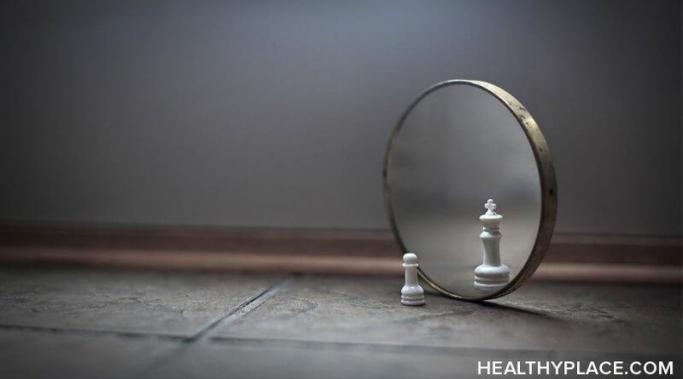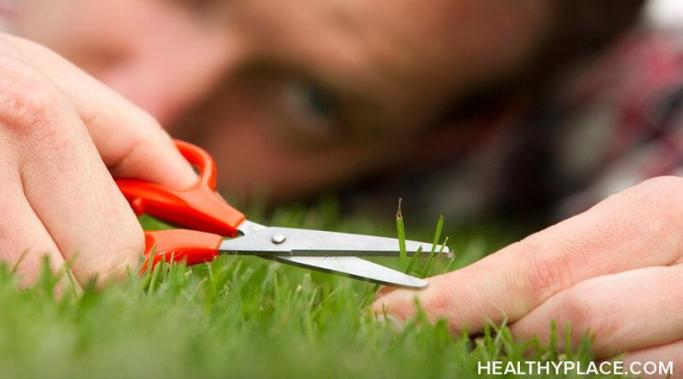For a long time, I avoided dating because of low self-esteem and because I always found it too awkward. I limited myself to meeting people spontaneously or in other contexts. But the truth is if you avoid dating completely, you’re likely to stay single for a while. While dating can bring up nervousness and anxiety like a job interview, it’s often something you have to do in order to increase your chances of meeting the right person for you.
Building Self Esteem
The process of building self-esteem can be a slow one because low self-esteem may have already caused many issues in your life, affecting your job, relationships, and general personal development. When you instinctively view yourself in a negative, harsh way, this can also be a painful experience. This can lead to persistent feelings of sadness, depression, anxiety, anger, guilt, and shame. If you’re determined to build self-esteem and improve your mental health, you may want a quick fix. But it’s important to understand that the process of building self-esteem is often long and gradual. Here’s why.
It took me a while to figure out that I’m a highly sensitive man, or more generally, a highly sensitive person (HSP). I realized that many of my personality traits and ways of thinking and behaving could not just be explained by the fact that I was introverted. I have always tended to be highly sensitive to my environment, others, and experiences. The problem, though, is that Western culture – with its emphasis on particular masculine norms – tends to look down on highly sensitive men. The sad truth is that I’ve always beaten myself up for the way I am. But I’ve found ways to embrace my high sensitivity, which I think are worth highlighting.
It's important to be aware of signs of low self-esteem because sometimes it can be difficult to know if you suffer from low self-esteem. This is because people who have low self-esteem carry around a certain self-image that they believe is absolutely true. This negative version of yourself remains a constant. You continue to have the same harsh opinions and beliefs about what you’re like as a person. When these thoughts and negative self-image are sustained for long enough, it can be hard to take a step back and see that it’s far removed from reality. Which is why it’s crucial to be conscious of signs of low self-esteem. If the following ways of thinking and behaving apply to you, then you may have some underlying self-esteem issues that need addressing.
Facing your fears when you have low self-esteem makes a big difference in how you view yourself. When you struggle with low self-esteem, you tend to hold particular self-limiting beliefs about yourself. You may, for example, believe that they are useless and incapable of doing certain things. If you are confronted with a situation that stirs up feelings of fear and anxiety, you can convince yourself that you are unable to deal with that scenario, that you’re doomed to failure. This traps you in a vicious cycle. As you avoid these anxiety-inducing situations, you use this as further evidence of how useless you are.
We all need to learn to accept our flaws because improving your self-esteem doesn’t mean you should only recognize your positive traits. Appreciating your virtues, of course, does help to combat low self-esteem. However, if you focus exclusively on positive attributes, this could land you in the trap of narcissism. Having healthy self-esteem involves looking at your flaws as well. This is because self-esteem needs to be grounded in reality. When you have a down-to-earth perspective on yourself, you avoid the extremes of narcissism and self-criticism. This allows you to relate to yourself in a more understanding way.
Perfectionism and low self-esteem are intricately related. It took me a while to realize I was a perfectionist. And even when I was aware of my tendency to want everything to be perfect, I never saw it as a problem. Struggling to accept mistakes and flaws, and being extremely self-critical, were just some idiosyncrasies I had. But over time, I began to see how my inability to deal with imperfections was impacting my mental health. I could not forgive myself for errors; I would obsess over mistakes and regrets; I held myself to incredibly high standards -- and would be crushed when those standards weren’t met. My perfectionism was creating low self-esteem.
Low self-esteem after rejection is a common occurrence. We may successfully build our self-esteem, only to have it fall apart following a rejection of some sort. This is a universal experience, not something that only people with low self-esteem struggle with. Rejection can be acutely painful. It can make us feel not good enough and lead to some very unkind and harsh thoughts about ourselves. Job rejection and romantic rejection are two very common experiences of rejection. They can both really knock our confidence (although we tend to feel the most hurt from romantic rejection).
Money can affect self-esteem, but basing self-esteem on external factors, like your financial situation, is risky. Our external circumstances can change wildly and unexpectedly. So when your opinion of yourself is wrapped up in what you have or don’t have –- and you compare these externals to others -– your self-esteem becomes very unstable. You become easily crushed. Money is one of those external factors that many of us latch onto for a sense of validation. And it can interact with our self-esteem in a variety of ways.
Self-hatred is an attitude about oneself that can increase the risk of suicide. Some people may not quite get how anyone could hate him or herself. But it’s actually a common problem. Suicide Awareness Month is an opportunity to look at the problem of suicide honestly. This means underlining what the risk factors are for suicide. After all, many people -– whether or not they are personally connected to someone who has thought about, attempted, or died by suicide -– may fail to grasp why the idea could ever enter a person’s mind. Greater understanding will make suicide prevention easier. It allows us to spot warning signs, such as self-hate in connection with suicide, and respond appropriately.









